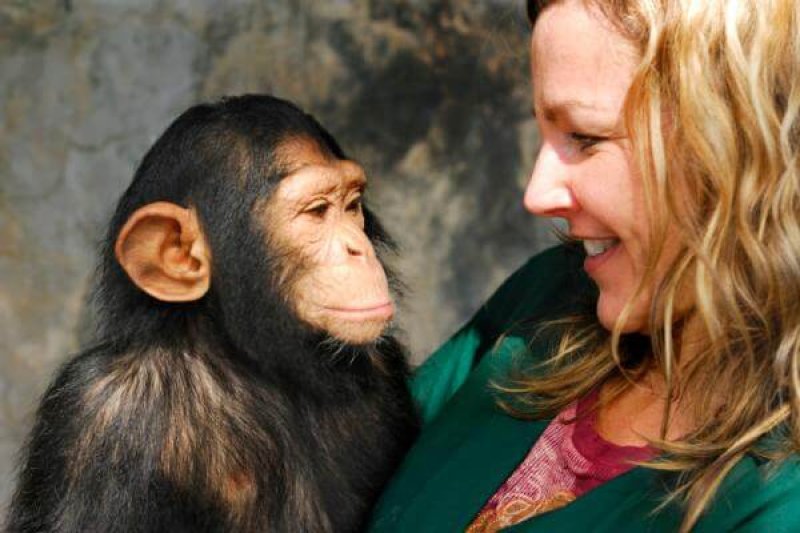With only 1% difference, the human and chimpanzee protein-coding genomes are remarkably similar. Understanding the biological features that make us human is part of a fascinating and intensely debated line of research.
…
To explain what sets human apart from their ape relatives, researchers have long hypothesized that it is not so much the DNA sequence, but rather the regulation of the genes (i.e. when, where and how strongly the gene is expressed), that plays the key role. However, precisely pinpointing the regulatory elements which act as ‘gene dimmers’ and are positively selected is a challenging task that has thus far defeated researchers.
Researchers at SIB and the University of Lausanne have developed a new method which has enabled them to identify a large set of gene regulatory regions in the brain, selected throughout human evolution. Jialin Liu, Postdoctoral researcher and lead author of the study explains: “We show for the first time that the human brain has experienced a particularly high level of positive selection, as compared to the stomach or heart for instance. This is exciting, because we now have a way to identify genomic regions that might have contributed to the evolution of our cognitive abilities!”































